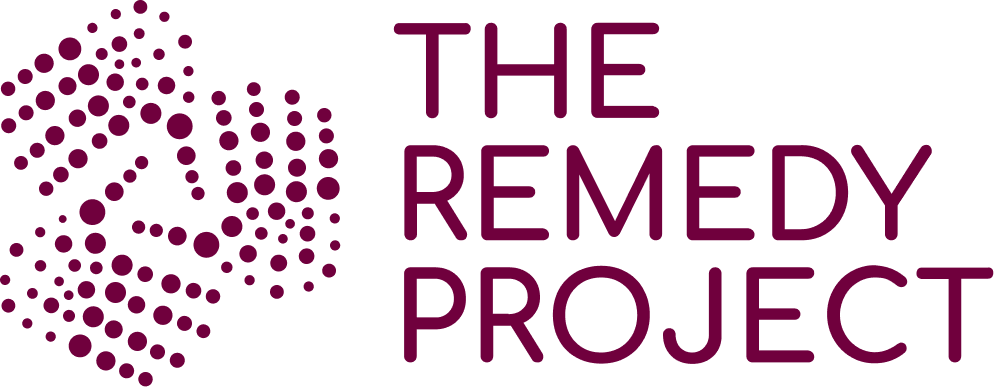Reimagining Migrant Worker Rights: Towards a Holistic Ecosystem of Remedy
Migrant workers form the bedrock of modern economies today. However, while navigating the fringes of migration, they often confront challenges, including the lack of access to robust mechanisms to address their grievances, uphold their rights, and shield them from reprisals. The collaborative effort by IOM and The Remedy Project in the report “Accelerating Access to Remedy: Promising Practices to Enhance Access to Remedy for Migrant Workers in South-East Asia” envisions a comprehensive ‘multi-layered multiparty’ ecosystem of remedy where diverse stakeholders collaborate, holding both states and the private sector accountable for safeguarding the rights of migrant workers.
Traditionally, the responsibility for crafting and upholding state-driven grievance mechanisms has rested with governments. While their role as catalysts of change remains pivotal - guiding workers grappling with potential violations of their rights, offering a platform to voice concerns, seeking resolutions, and demanding justice, without fear of repercussions - the effectiveness of these mechanisms often falters. This is because workers find it difficult to access and navigate the system. The fragile nature of the architecture of accountability further ruptures the safety net, eroding their trust in the system’s ability to address violations.
Latest estimates show that 86% of the forced labour cases are found in the private sector. In an ideal world, the private sector’s commitment to transparency in supply chains and engagement with workers would have offered means for enmeshing holistic accountability structures into the ecosystem. However, the lack of social dialogue and meaningful engagement between businesses and the workers in their supply chains have emerged as a hindrance in the path to effective and quality remedy. In light of these shortcomings, it is imperative that the private sector along with state governments and other stakeholders assume a symbiotic relationship to share responsibility and accountability. Ensuring violations are met with swift responses and rightful reparations, engaging workers in the formulation of appropriate remedies and remediation mechanisms, and embracing continuous learning by all stakeholders would contribute to the strengthening of the fabric of the ecosystem.
Joint efforts pave the way for businesses to not only lend an ear but also respond to the grievances of migrant workers through mechanisms aligned with the foundational principles of human rights, as outlined in the United Nations Guiding Principles. By partaking in the accountability framework, businesses have an opportunity to transcend their conventional profit-seeking roles and become catalysts of positive change, rectifying rights abuses within their own supply chains. One of the salient features of the report is its insights from the Operational Guidelines for Business on Remediation of Migrant Worker Grievances- a product of this collaboration- directed towards the private sector as guidance to address gaps observed in the effectiveness criteria of grievance mechanisms in the private sector. The document suggests customised channels for multilingual migrant worker groups, including on-ground language support; involvement of external stakeholders to enhance legitimacy; funding for legal aid; transparency in timelines and communication; provision of safeguards against retaliation; and several other recommendations and guidance, serving as a nuanced manual for businesses setting foot into the construction of an effective ecosystem of remediation. Engaging workers in the design and development of remediation mechanisms and the formulation of appropriate remedies and embracing continuous learning by all stakeholders could contribute to the strengthening of the ecosystem of remedy.
The journey towards access to remedy is multifaceted and demands a collective commitment. By fostering collaboration, we pave the way for an ecosystem where the rights of migrant workers are upheld across boundaries and disparities. With state governments taking the lead, the union of private sector, civil society, and other stakeholders form the cornerstone of protection, dignity, and respect for migrant workers. The agency and engagement of workers in any ecosystem of remedy is crucial and often a very strong indicator of a healthy ecosystem.
